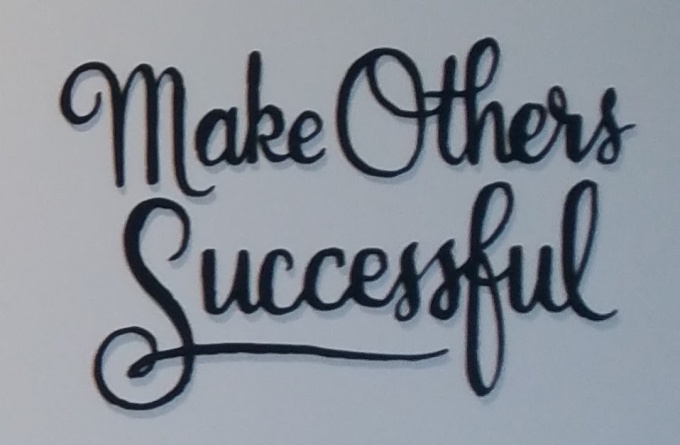All the Names
One of the most thought provoking books that I've read over the past few years is All the Names by Jose Saragamo. Senhor José is keeper of the records for nameless people in his city. The records of the living and the dead stretch back through time and he becomes caught up in looking at records and wondering about the people that they represent. His quest to find out about an unknown woman and her life attracts the attention of the registrar and he quickly becomes suspect as he takes risks to challenge the system and find a real connection. In the end, the record means nothing. It doesn't capture the story of that person.

Our Permanent Records
I imagine that in some dark closet in the district where I attended school, there's a file (maybe on microfiche) of my permanent record from school. Along with my GPA, class rank, and club records, is perhaps a miscellaneous accounting of my shortcomings and mistakes. The time that my first grade teacher kept us after school until someone confessed to stealing something. Even though I wasn't the guilty student, I cried buckets of tears to be wrongly accused and punished. And I missed choir practice that day. From which I didn't recover. Because I stopped singing. I'm sure there's also a stack of records recording my failure at softball, crafts and handwriting. I was a left-handed student in a right-handed world and no one accounted for that in sports or instruction. Scissors were a challenge. I developed a horror of volleyball and was sent to the guidance counselor for some psychological evaluation. I heard "this will go on your permanent record" so many times that I stopped talking in class. One teacher commented, "Donna is so quiet. I hardly know she is there. She is a good student." And so I followed the rules.
And the permanent records don't end when we graduate from college. We get jobs and have performance evaluations that go in a file somewhere. Education, like many other professions, has an extensive set of requirements to ensure that employees are qualified for their jobs. We don't always get a redo when we've had a failure. In the worst circumstances, we get a file in our permanent record. So we follow the rules and avoid implementing new ideas that are risky.
Beyond the Permanent Record
Somehow, in spite of the permanent records on file, I've managed to get along in the world. In fact, the struggles have made me more empathetic to students and colleagues at work. It turns out that there can't be a permanent record for a person. The power of the human spirit is that we can grow, change and overcome challenges. We are in a constant state of iteration with each new experience. We learn from failures and that becomes a strength. Ernest Hemingway said it well, "The world breaks everyone, and afterward, some are strong at the broken places."
There is light at the end of the stack of records. Many schools around the country are recognizing the need to allow our students to continuously progress over a continuum through competency-based education. Programs that foster growth mindset and 21st century skills are enabling students to become successful, lifelong learners.
The final step in removing the permanent record is to empower teachers to try out new ideas and protect them from adverse consequences. If we want our students to become problem solvers, we must allow educators to find and solve problems too. I encourage readers to embrace empathy and support colleagues in their continuous growth this year. By building each other up, we are building a future for our students. Our lasting record is the difference that we make in the lives of students and colleagues.
No comments:
Post a Comment